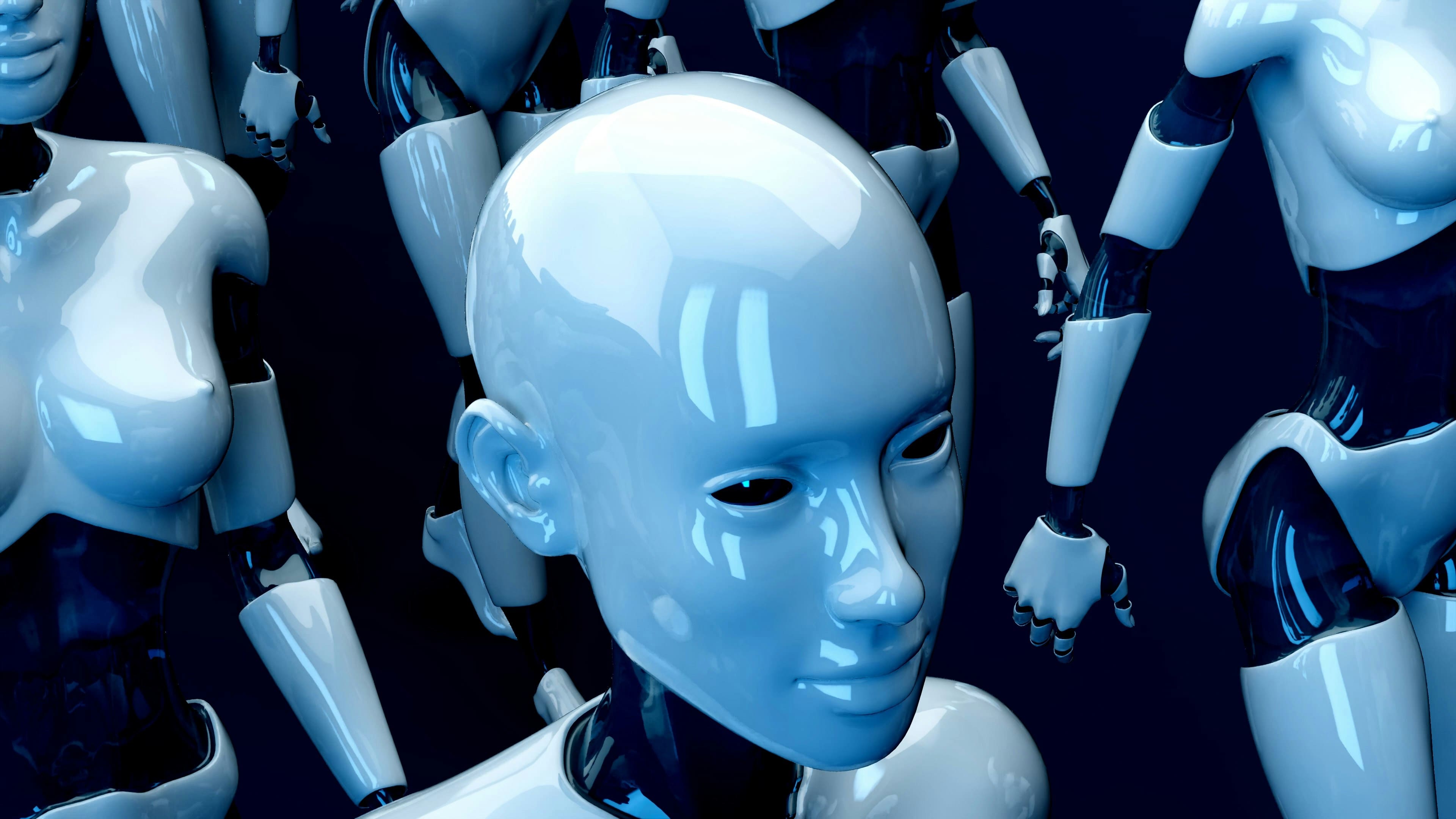Feeling Threatened by AI? How to Soothe Anxiety Over Modern Technology
Nov 5, 2024


Fiona Austin - Anxiety and Relationship solutions
Jan 22, 2025 29
- The pace of modern technology can be overwhelming, especially in terms of the potential of AI
- Therapist Fiona Austin urges reconnecting to what makes us human as a soothing antidote for any anxiety
We humans are deeply connected to nature. We're carbon-based beings, biologically wired to live in natural cycles, interact with the physical world, and seek emotional connections. But today, we're increasingly finding ourselves in a world dominated by silicon-technology, AI, and automation.
It's easy to feel lost or even anxious about how we fit into this rapidly changing landscape. So, how do we navigate this shift without losing our sense of purpose?
The rise of technology
It's no secret that technology has transformed almost every aspect of our lives. Jobs we once considered stable are now being disrupted by automation and AI. And the pace of this change can be overwhelming. It's hard not to worry about whether our skills are still relevant or whether the career we've worked hard for will even exist in the next decade.
But here's the thing: while technology can outperform humans in many areas-processing data, running algorithms, and even learning-there are qualities it will never possess. Our creativity, emotional intelligence, and ability to make ethical decisions are uniquely human. These are the areas where we can still make a difference, even in a tech-driven world.
The human-silicon interaction
There's a real tension between our carbon-based nature and the silicon-based world we're moving into. Technology is efficient, fast, and logical-often the opposite of our human experiences, which are messy, emotional, and complex. This divide can make us feel out of place, especially when we measure ourselves against the seeming perfection of machines.
But here's the good news: we don't have to see ourselves as competing with technology. Instead, the goal is to figure out how to use these advancements to enhance our unique human strengths-our empathy, our capacity for collaboration, our intuition. If we can shift our mindset from resistance to integration, we'll find that we're not obsolete; we're simply evolving alongside these tools.
Purpose in a tech-driven world
So how do we find purpose when technology is constantly reshaping the world of work? It starts with rethinking what "purpose" even means. It's no longer about locking into one career for life or defining ourselves by a job title. Purpose in this new world is about aligning our passions, values, and unique strengths with the opportunities that technology brings.
Rather than fearing how tech might replace us, we can focus on how it can free us to spend more time doing what only humans can do-creating, connecting, and solving complex problems. When we shift our thinking this way, we see that technology can actually help us find purpose, not take it away.
Overcoming career anxiety
One of the main drivers of career anxiety is the fear of being left behind. The world feels like it's moving too fast, and the idea of having to constantly reinvent ourselves can be exhausting. But here's where a psychological shift can help. By adopting a growth mindset-the belief that we can learn, adapt, and grow-we can start seeing these changes as opportunities rather than threats.
Career resilience in this age of technology means being open to continuous learning and personal development. And here's something interesting: as technology handles more technical tasks, soft skills-like communication, emotional intelligence, and creative problem-solving-are becoming more valuable. These are areas where we, as humans, can truly thrive.
The future of work is human-centric
Even though machines are becoming more advanced, the future of work will still require what only humans can offer. Roles that focus on emotional connection, leadership, creativity, and ethics will become increasingly important. These are qualities that no algorithm can replicate.
So, instead of worrying about technology replacing us, we can focus on how we can use our uniquely human skills to complement and enhance the tools that tech offers. The truth is, we're not on the verge of being irrelevant-we're co-creators in this new world. The future is human-centred, and it's up to us to step into that role with confidence.
Practical steps to thrive
To thrive in this new world, we need to take some proactive steps:
•Continuous learning: It's no longer enough to learn one skill and stick with it for life. We need to be lifelong learners, staying curious and open to new ideas, especially in areas like technology and creative problem-solving.
•Emotional and social intelligence: Machines may be great at data processing, but they can't replicate emotional intelligence. Focusing on skills like empathy, communication, and collaboration will make us indispensable in any field.
•Seek purpose-driven roles: Look for work that aligns with your values and passions. Whether it's in tech or another field, roles that require empathy, adaptability, and ethical insight are the ones that will give us a sense of purpose.
Nature as our anchor
In a world that often feels dominated by machines, it's easy to feel disconnected from our true selves. That's where nature comes in. Our carbon-based roots are tied to the earth, and reconnecting with the natural world can ground us in ways technology never can. Spending time in nature-whether through hiking, gardening, or just unplugging for a while-reminds us of the simplicity and beauty of being human.
Nature also has a calming effect on the mind, helping to reduce anxiety and stress. In a world filled with constant tech noise and career worries, finding time to reconnect with the natural world can bring balance and perspective. It reminds us that, while technology is important, it's not everything. We're still part of something much bigger-the natural cycles that have sustained life for millennia.
As carbon-based beings, we're entering a silicon-based world with new challenges, but also incredible opportunities. Career anxiety is natural, but by understanding our strengths-creativity, empathy, and our connection to nature-we can find purpose even in a tech-dominated world. Technology doesn't have to replace us; it can enhance our ability to live meaningful, purpose-driven lives.
Let's embrace the future not as something to fear, but as a new landscape where our humanity has never been more important. And as we move forward, let's not forget to stay rooted in what grounds us-nature, relationships, and the qualities that make us truly human. The future is ours to shape, with both technology and nature as our allies.
Fiona Austin is a verified Welldoing therapist in West London and online

Fiona Austin - Anxiety and Relationship solutions
Read further
